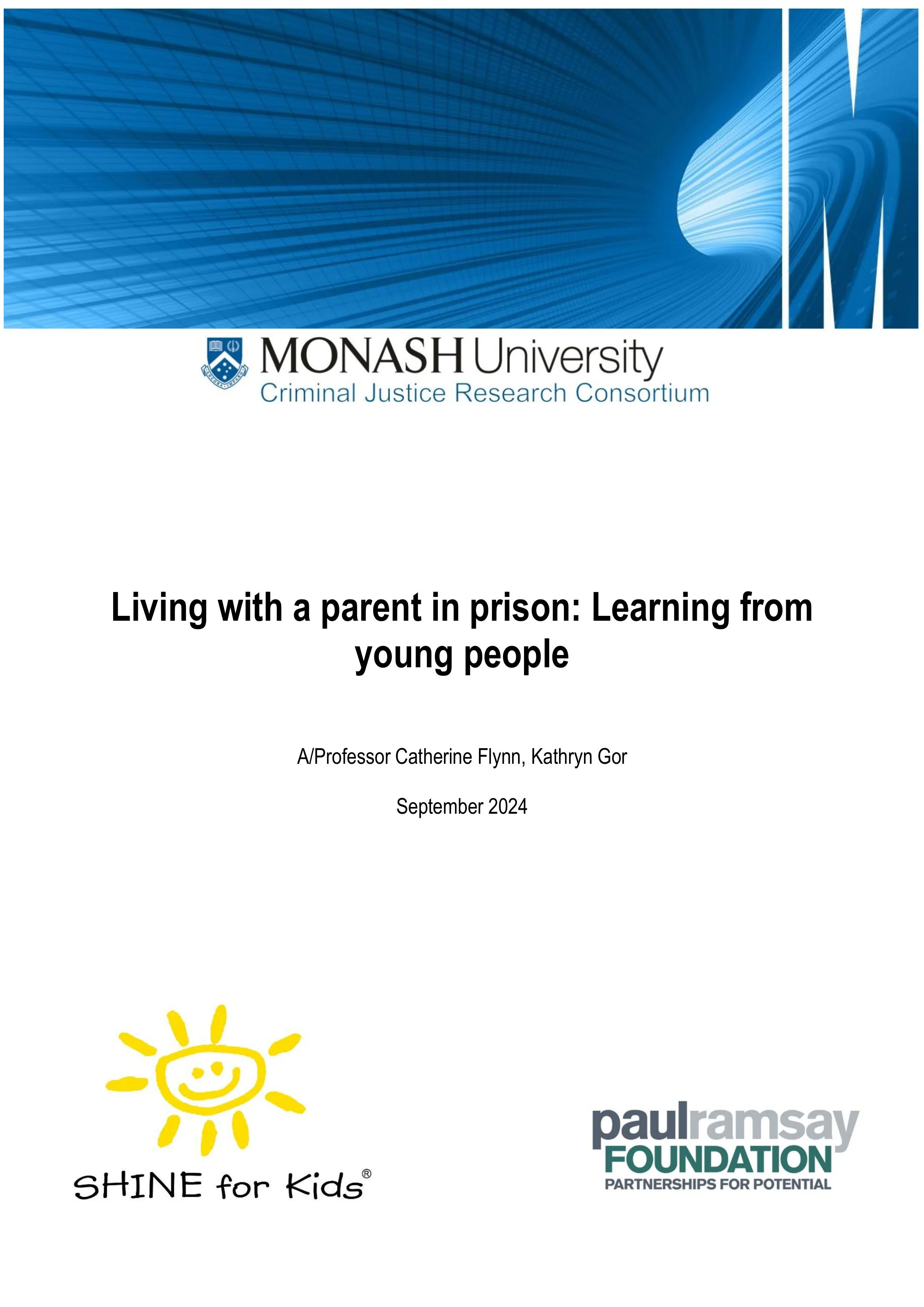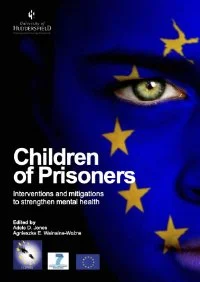By Megan Pfeiffer
Parental incarceration impacts all members of a family unit, including parents who are incarcerated, their children, and the parents, legal guardians, or caregivers who aren't incarcerated. Implementing evidence-based programs and practices tailored to support parents who are incarcerated and their families is crucial for addressing their complex needs, mitigating the negative consequences of incarceration, and promoting positive outcomes for families. This brief discusses examples of evidence-based and promising programs and practices from the field that support different needs of parents who are incarcerated, their children, and their families.
New York: The Council of State Governments Justice Center, 2024. 16p.








